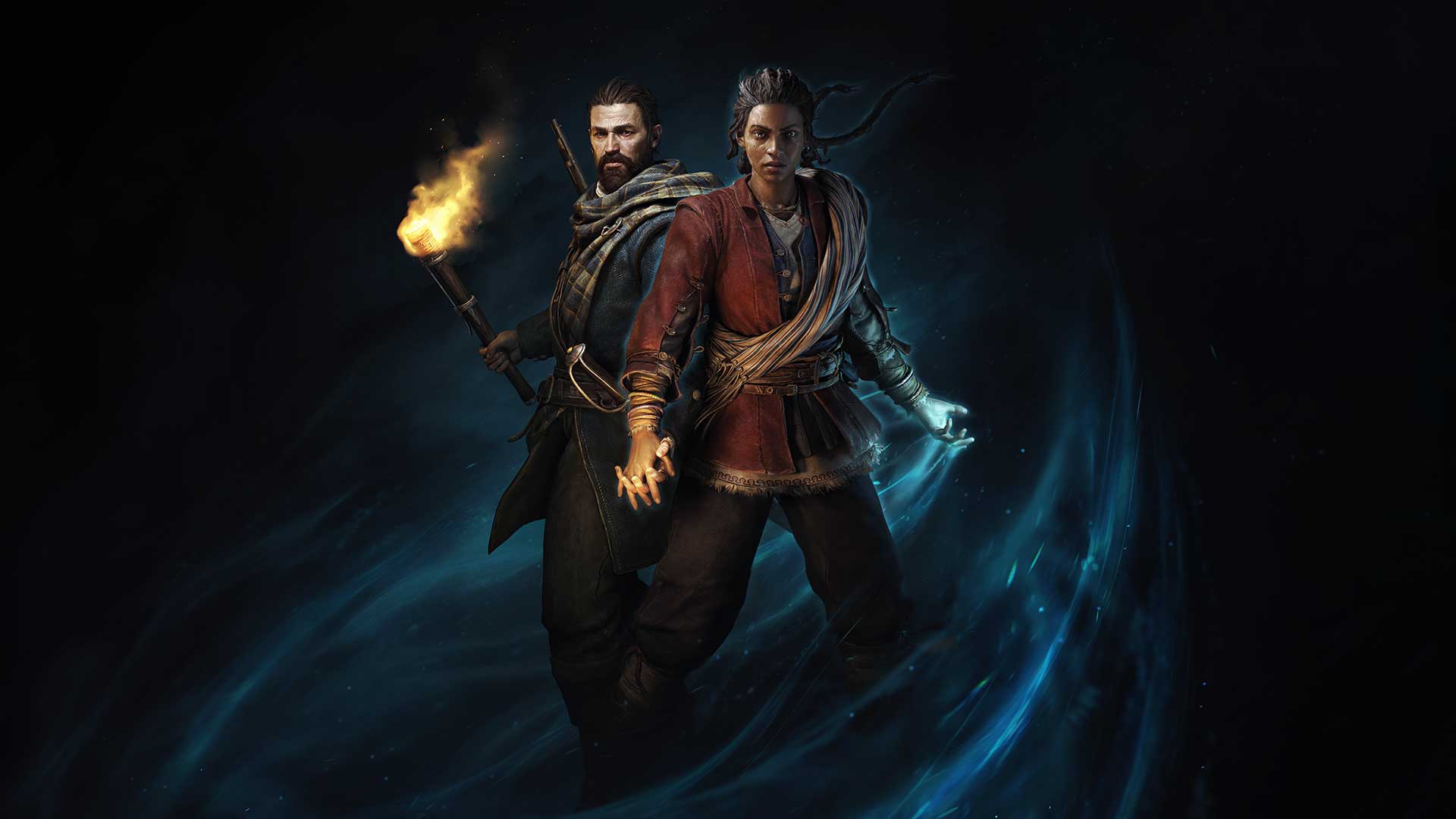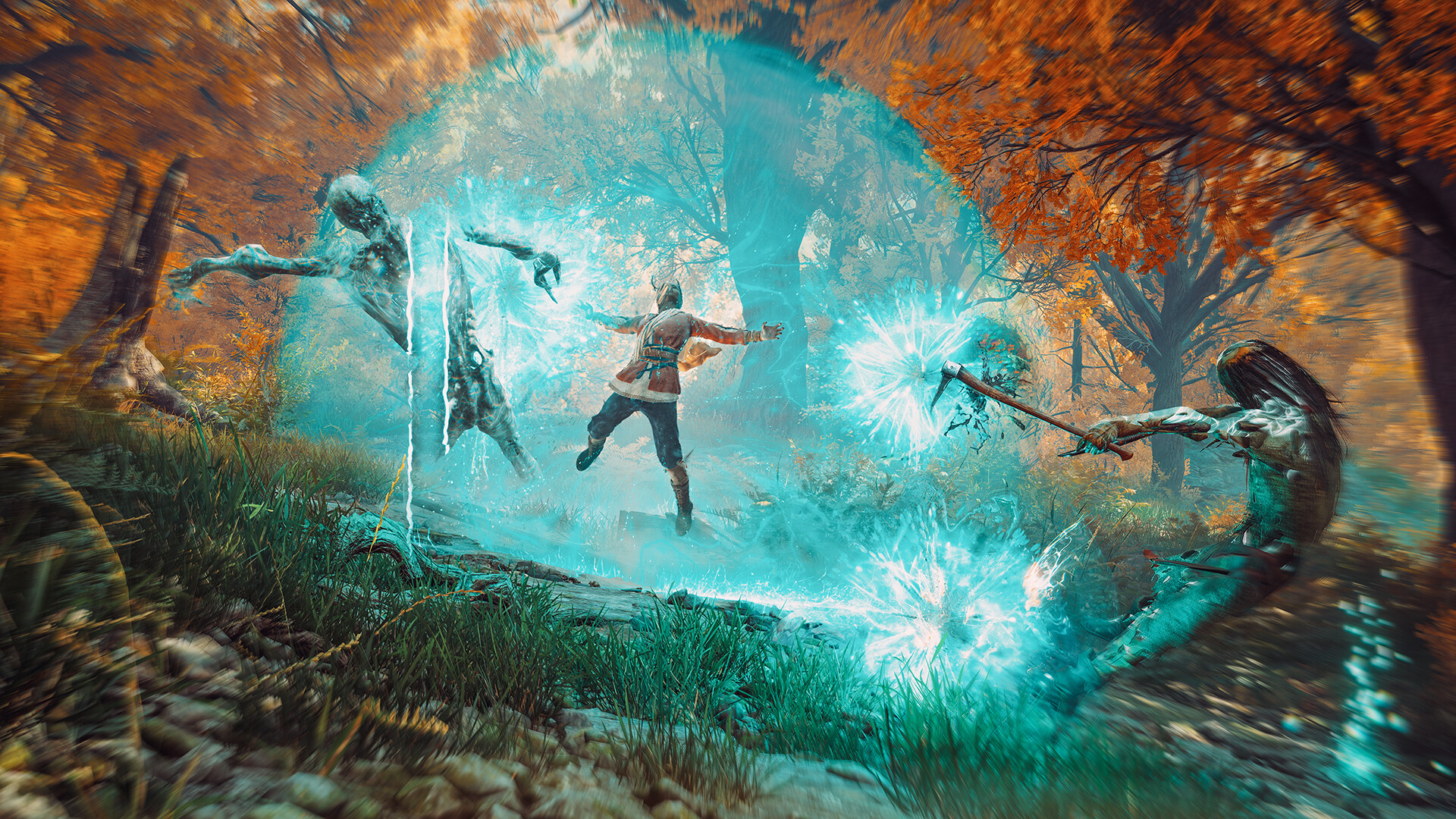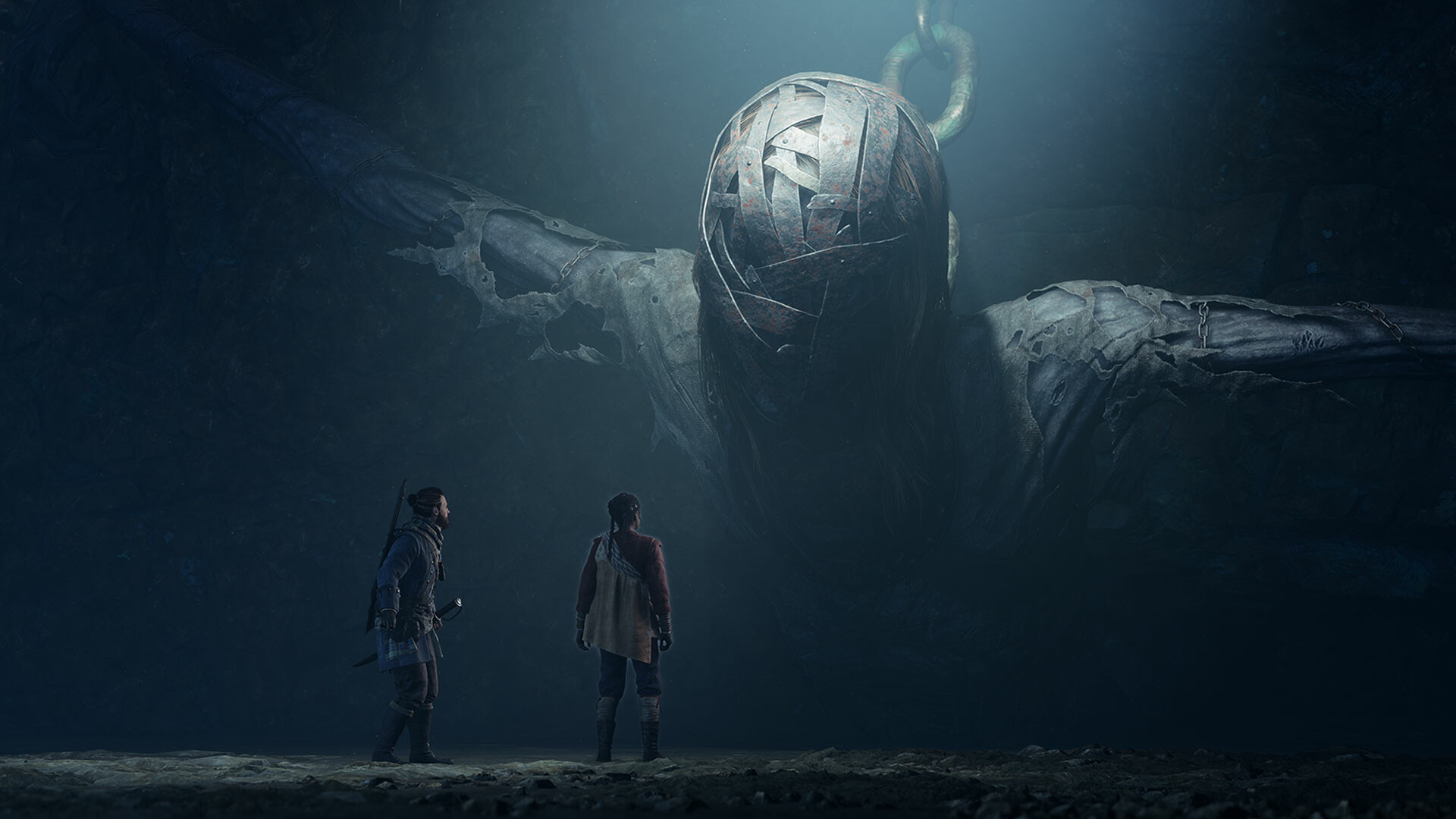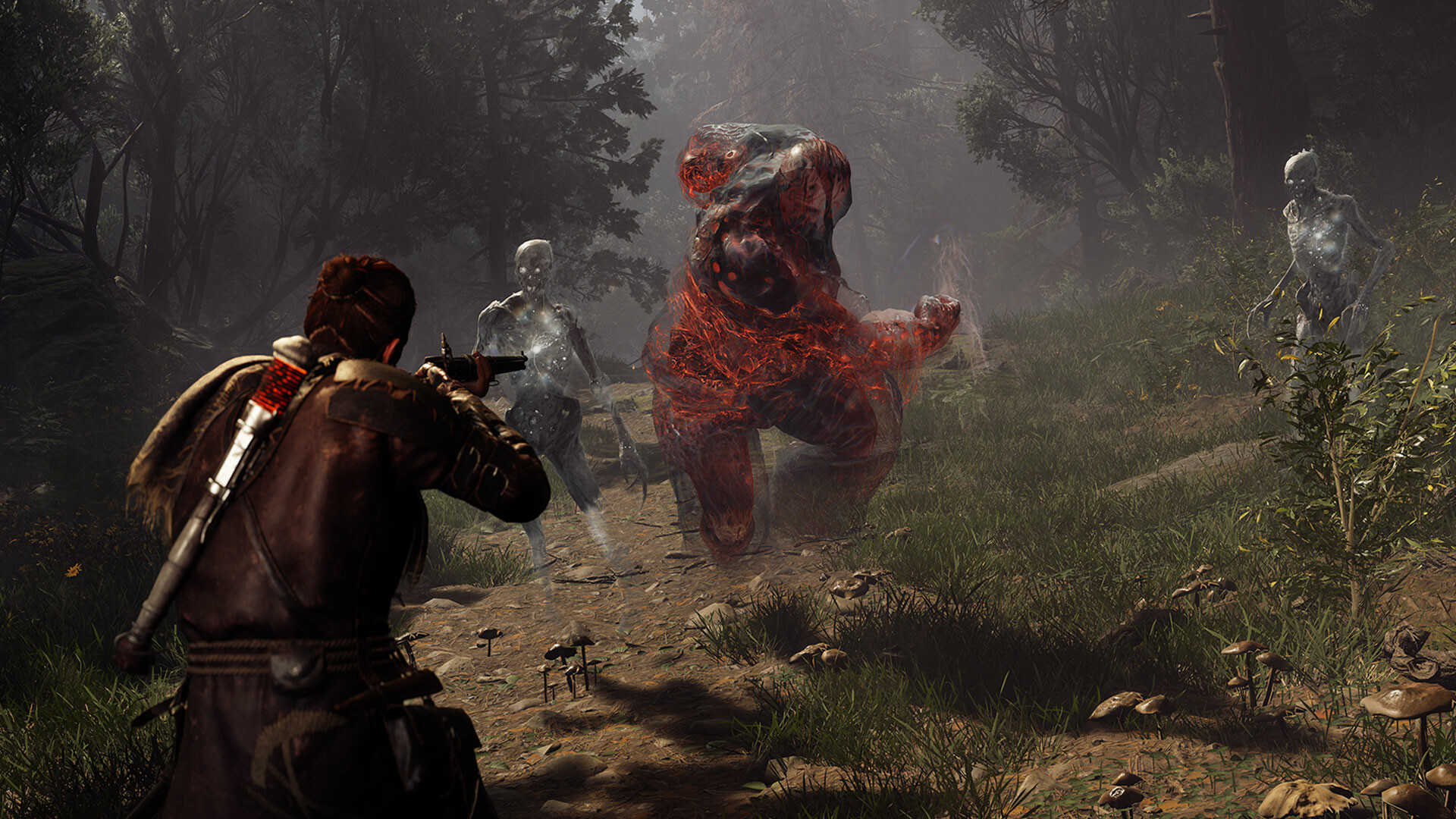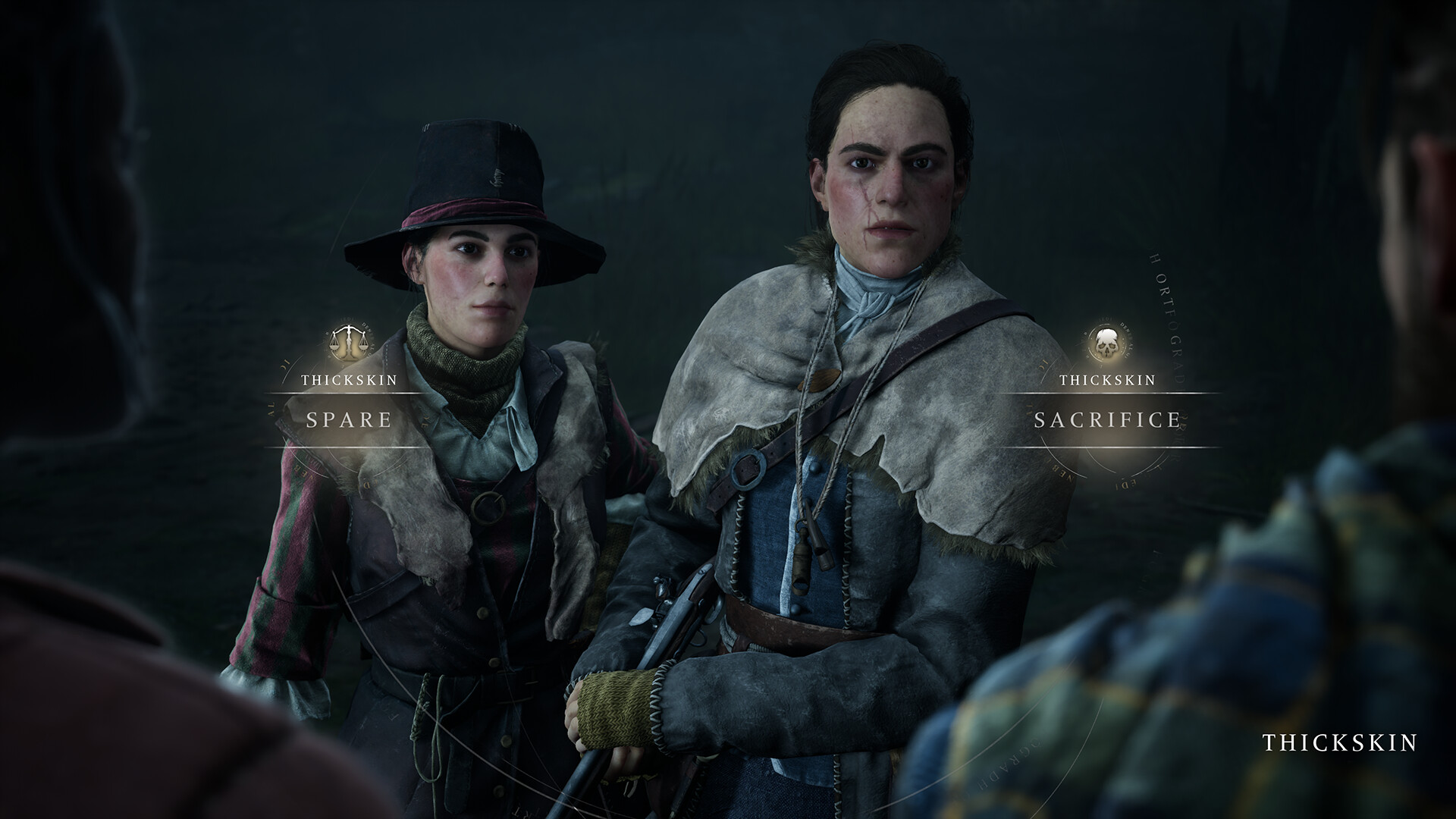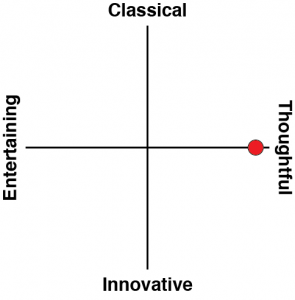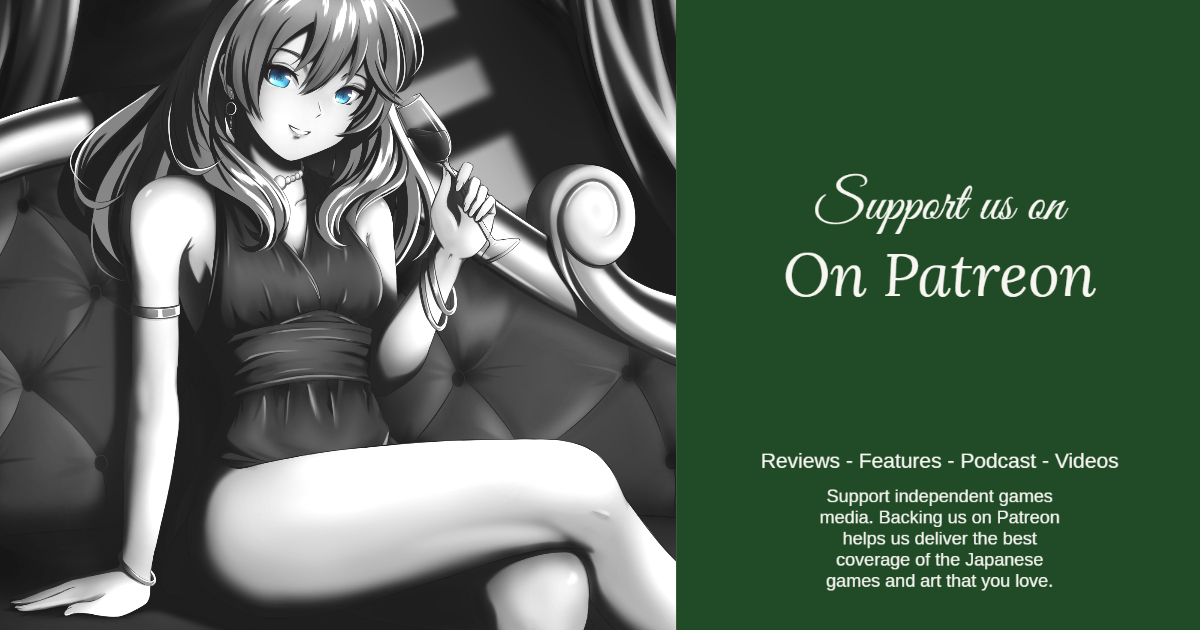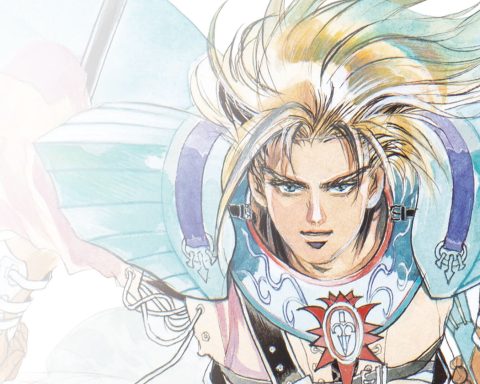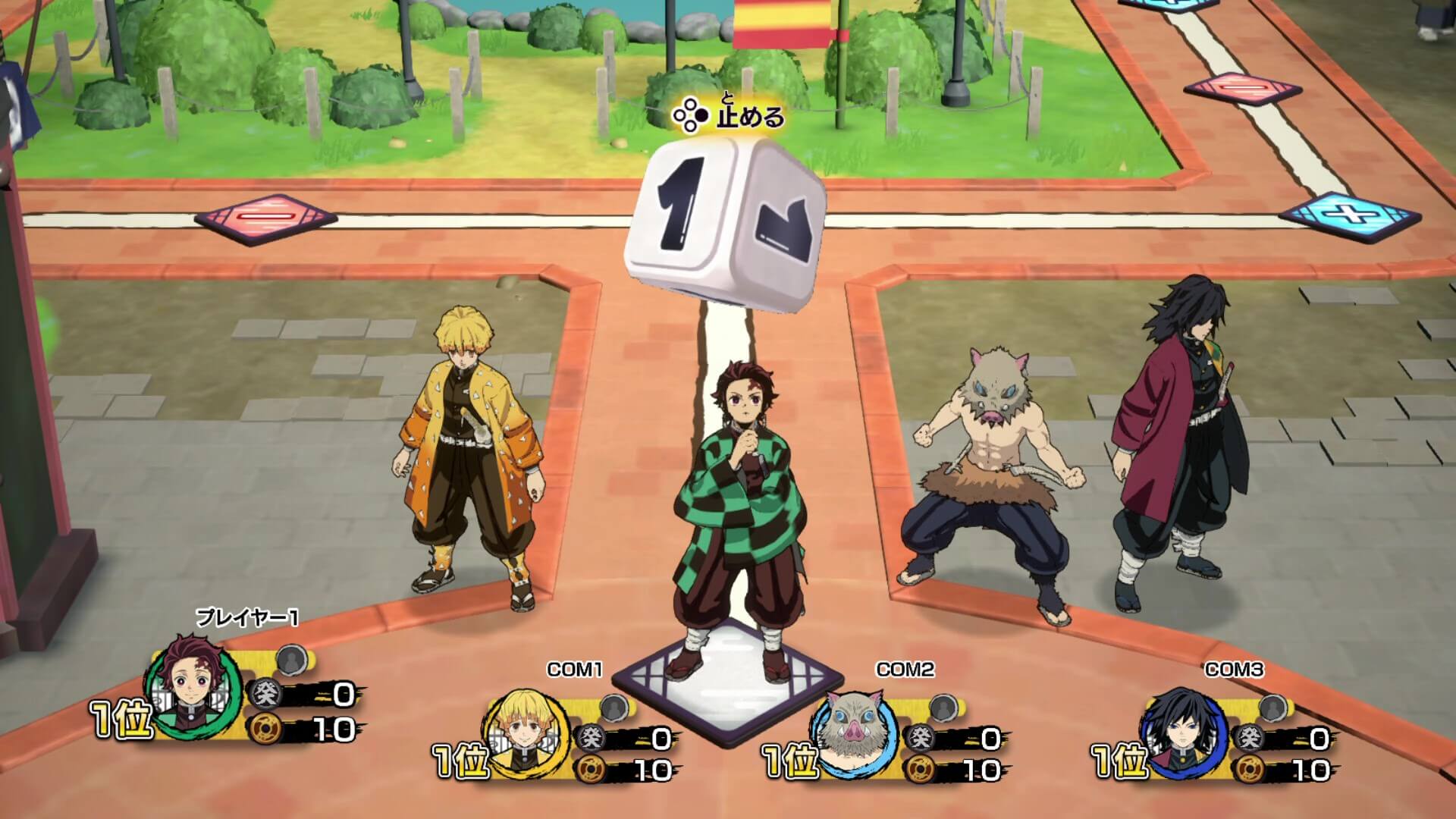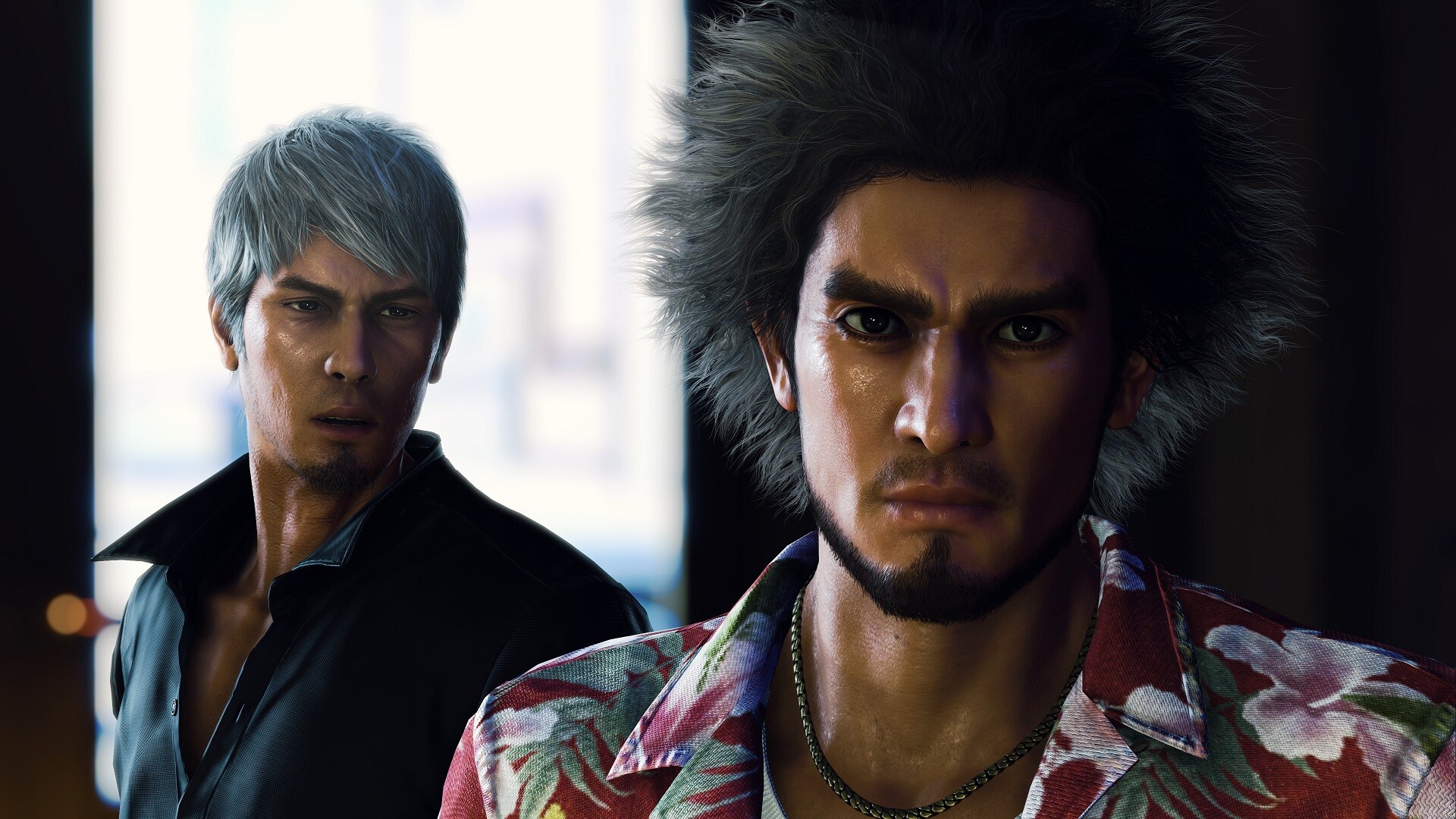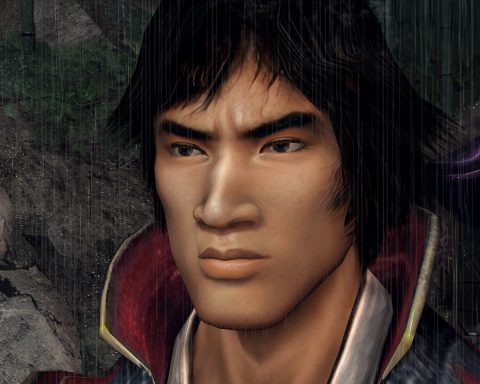Don’t Nod has, traditionally, done storytelling well, but struggled to pair it up with gameplay that people could love. Life Is Strange was the breakout title for the company, and it worked well enough because it was a point-and-click adventure that wasn’t testing the player’s button-pressing skills, but Vampyr, on the other hand, had a brilliant story that many players never fully appreciated because they were too busy wrestling with the gameplay. Banishers: Ghosts of New Eden feels like Don’t Nod returning to make good on what it promised with Vampyr, and it is, overwhelmingly, a success. This game is exceptional and thought-provoking in the best possible way.
Like Vampyr, Banishers is dark, grim stuff. It takes place in America, when America was a “new world” playground for the Puritans. In the New England town of New Eden, there’s a “curse” at play, as a Nightmare (an incredibly powerful ghost) has haunted the town, causing its inhabitants to be unable to sleep, and calling untold horrors from the afterlife down upon them. The village is dying, rapidly, and in desperation, the remaining few people call on the services of two Banishers – who also happen to be a couple deeply in love – to help purge the apparition.
Banishers are specialised ghost hunters that both “kill” violent spirits, and help others either ascend to heaven or be purged from the world before they become violent and dangerous. Any number of things can keep a spirit in the world – usually powerful emotions at the point of death that cause them to hang around until the emotional attachment has been dealt with. When that happens a person can become haunted, which is bad for the health, and so Banishers are a valuable asset for their ability to bring peace both to the spirits and the living that remain.
Unfortunately – and I promise this isn’t a spoiler – the Nightmare ends up being too powerful, and kills one of the couple before tossing the other into the ocean. This is why you never do the same job as your spouse. By small mercies, the second Banisher survives that ordeal, and is washed up on shore far from New Eden. After coming to, he comes across the spirit of his beloved. Rather than help her ascend, however, they decide to go after the Nightmare first.
And then along the way, the traumatized living Banisher discovers that by “solving” hauntings by sacrificing the living haunted being (which also eliminates the ghost), he has a chance of accumulating enough spiritual energy to bring his beloved back. The first haunting he tackles makes that decision easy enough because the living person is a horrible piece of work and the spirit is most definitely the victim, but what happens further down the track? Can he sacrifice the lives of true innocents just to pursue his goal?
Banishers works as a narrative so completely because the dynamic between the two protagonists is so effective and the relationship between them feels real. At the start, you’ll naturally want to do what you can to bring them back together… Indeed, that seems like a total no-brainer, but then Banishers starts hitting you with hauntings and scenarios that are so much more morally ambiguous. Can you murder so many – and make no bones about it with some of these hauntings its outright murder to sacrifice the living soul – just to rescue the one that you love?
In fact, given what’s happening in Israel and Palestine right now, Banishers takes on a quality as a rather powerful and evocative piece of symbolism. It certainly wasn’t the intent of the Don’t Nod developers to draw the comparison (Israel’s invasion of Palestinian lands began well after this game’s narrative would have been finalised). However, the moral allegory is there. Israel claims that a primary motivation for the invasion is to rescue 100-odd hostages that were captured by Hamas terrorists. The victims of that certainly don’t deserve to be hostages and they’re an innocent party, just as our perished Banisher doesn’t deserve her fate after living so virtuously.
But then you see a photo of a little Palestinian girl who has had her torso blown off, and she’s hanging from a rope against a wall like some sick slasher horror film made real. Then you realise that 30,000 or so other innocents have experienced similarly horrible fates thanks to this invasion, and the big moral question needs to be asked: however righteous the cause, is the blood of so many innocents in pursuit of it justified? You don’t need to go through anywhere near 30,000 people in Banishers, but the questions that the game asks the player to sort their feelings through are very much there. The only significant difference in the moral question at play is that the game adds an undeniable element of selfish individualism in there – is it justified to kill so many to bring someone back because you love them and don’t want to lose them?
Banishers might be “just” a video game, but Don’t Nod has an incredible habit of telling stories with such complexity behind the moral decisions that you’re going to put the controller down and puzzle over which decision is right to make. Every little story of a haunting on the way to the broader quest (i.e. the second confrontation with the Nightmare) plays out like an extended side quest, and in at least half of them I genuinely wrestled with my feelings about whether I wanted to sacrifice the living, human being, or whether I wanted to banish the apparition. I decided right at the start of my play through that I did want to reunite the protagonists to live happily ever after. After all, I found Ghost to be a deeply sad film all those years ago because, at the end of it, the lovers separate and one of them ascends. But I found my confidence in that decision wavering each time. Don’t Nod is truly a master at making you use a video game narrative to take a long, hard look at your own moral perspectives.
As mentioned earlier in the review, what is really great about Banishers is not just that it tells an incredible story. It actually has the gameplay to back it up. It plays out like a light-touch action RPG, with a combat system vaguely similar to Dark Souls and Elden Ring. You’ve got a light and strong attack, parries and dodges, and a basic skill tree to fill out as you level up. Banishers lacks the smooth precision of Elden Ring, or the visceral speed of Bloodborne, but it’s highly playable, and the Don’t Nod team has worked hard to throw interesting and challenging combinations of enemies at players.
One clever extra element is the ability to swap between the living Banisher and the ghostly one mid-fight. You’ll often want to do this because the undead Banisher can deal with enemies that are effectively “shielded” from regular attacks by a living hero. On the downside the spectral Banisher can only be used for so long before she needs to recharge, leaving the living Banisher to fend off whatever’s left.
It’s a dynamic and enjoyable combat system and I never got sick of it in the 35 or 40 hours that it took me to get through to the end. The variety of enemies was also solid, even if boss battles didn’t quite have the memorable impact that we’ve had from many other RPGs over the last few years. That journey is largely linear (and while the map might suggest a large open world, in practice it’s just a sprawling web of corridors that you’re slowly led through to progress.
I do wish that Don’t Nod didn’t feel compelled to include a resource gathering and crafting system, or give players a reason to backtrack to earlier areas that were previously inaccessible without a particular ability. Any side quests that don’t involve solving a haunting are also pointless and don’t add anything to the narrative. Banishers didn’t need to crib “best practice” ideas from AAA-games, and the fact that the team did such a halfhearted effort with these suggests that it was an order from the suits above, only for the creative team to give it lip service.
The best art tells us something of relevance to the world around us. Banishers: Ghosts of New Eden is a dark and intense fantasy of ghosts, vengeance, and human resilience through the bleakest of nightmares. It’s unfortunate that it offers such a strong allegory to the real world, yet it does and that makes it all the more thought-provoking, however inadvertent it was for the developers. Thankfully it’s also exceptionally good to play, even as it challenges your intellect and moral core.
Buy this game on Amazon (By purchasing from this link, you support DDNet with a small commission from each sale)
